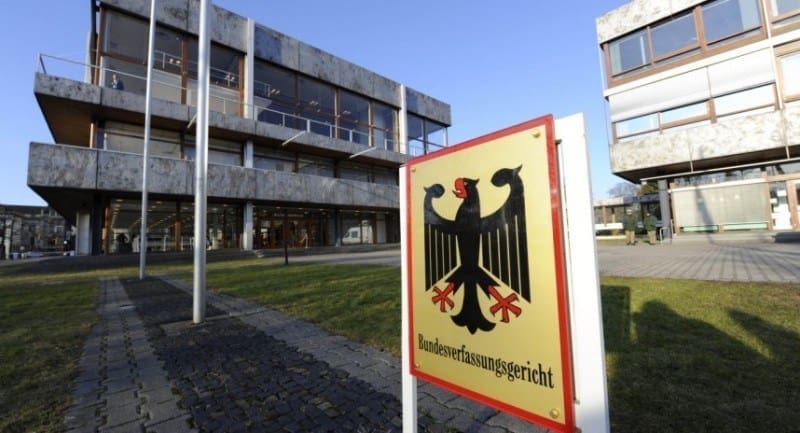At Freedman & Gopalan, we facilitate legal dispute resolution, analyse the law, attend Court, liaise with clients and give legal advice. The law is very important to us. So, it is important to reflect on what exactly the law is.
Is law simply the Acts that are passed in Parliament, and the judgments handed down in Court? Or is there something more that defines the law – does it have to uphold justice, equality and other moral values?
This is an issue that one of our clerks has recently been considering in her studies in Berlin. After World War Two, Germany was faced with a very particular and urgent issue. Many of the war crimes and human rights violations that Hitler’s totalitarian regime had carried out, including the mass murder of the Jews of Europe, had been done lawfully. While in power, many oppressive laws had been enacted by the German legislature and enforced by the German courts. So, the question after the war was, could we prosecute people for the terrible things that were done during the war, even if those things were legal at the time?
In the end, German legal scholars and courts decided that yes, they would define law as being the Acts in Parliament and judgments in Court, and everything else that makes up the law, but if a law was 'intolerably unjust', then it would not be lawful. So, people could be prosecuted for the wrongful things they did during the Nazi regime, even if they were technically legal at the time, because those laws were not valid. This was a big change from how we thought about law previously, and is often labelled a “natural law” theory, meaning that the law’s authority is derived, at least partly, from the moral authority of the substance of the law.
Since World War Two, many countries have written human and civil rights into their constitutions, and now laws that contravene those rights will be unconstitutional. So, this "natural law" definition has lost popularity over time because there is less of a need to refer to a higher sense of unwritten justice. However, it is possible that we may need these ideas and philosophies again one day, and it is interesting to consider how Germany dealt with this issue after the Nazi regime collapsed.

